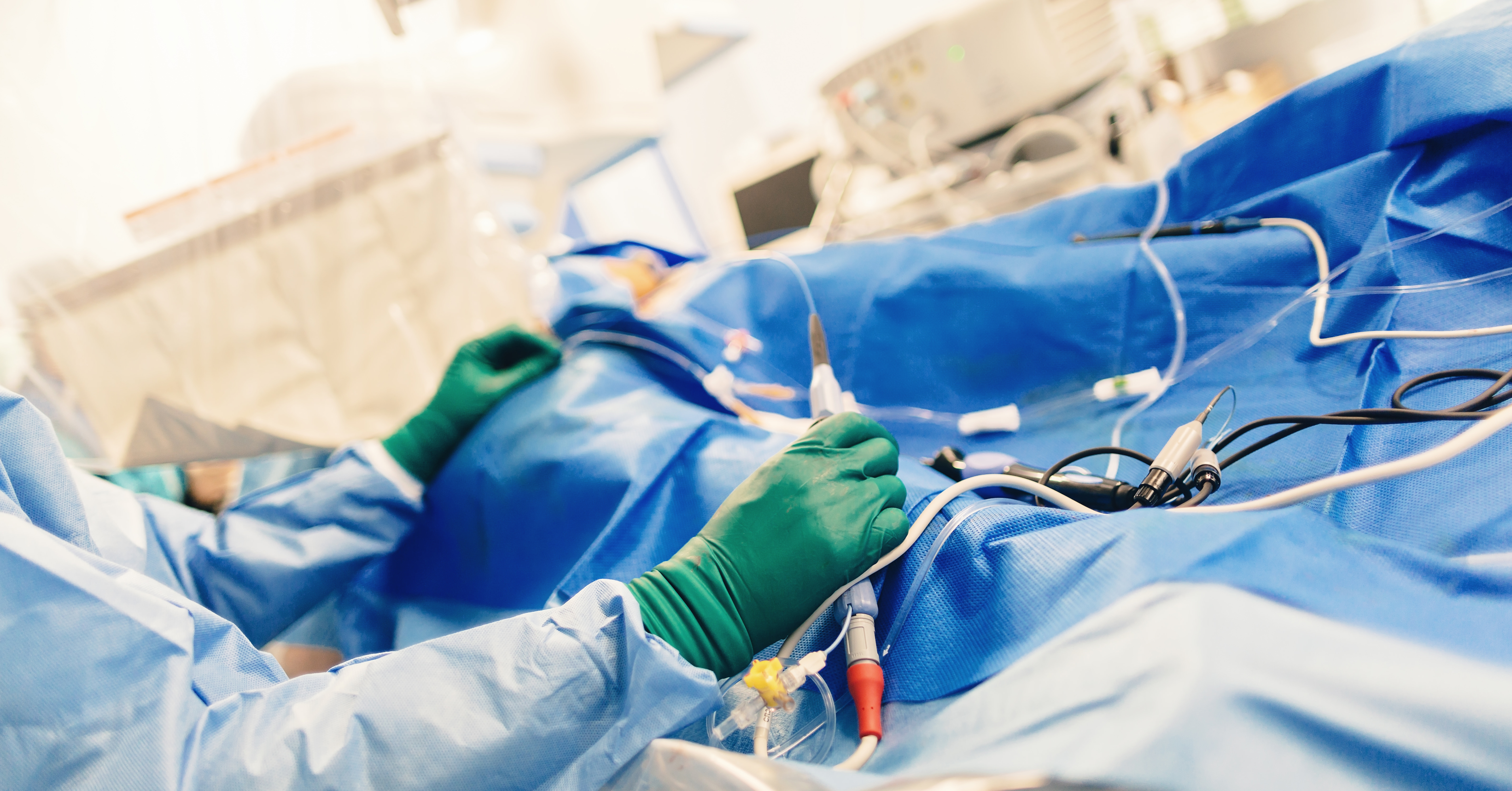Aurora Medical Center – Grafton is the first site in Wisconsin to join a clinical trial studying a new investigational device to perform a procedure called cryoablation to treat a specific type of atrial fibrillation.
The multicenter research study is designed to evaluate the safety and effectiveness of the Boston Scientific Cardiac Cryoablation System in treating participants with symptomatic, recurrent paroxysmal atrial fibrillation (PAF) who do not respond to treatment with medications.
Atrial fibrillation is a type of irregular heartbeat that can lead to stroke, heart failure and other heart complications. It is the most common type of sustained arrythmia, affecting more than 2.7 million Americans, according to the American Heart Association.
“There are different ways to treat atrial fibrillation, or AFib, including medication, cardioversion and ablation,” said electrophysiologist Mohamed Djelmami-Hani, MD, Advocate Aurora Research Institute site principal investigator for the study. “However, many of these therapies do not always work long-term for patients, which has led to other technologies being developed.”
In a cardiac catheter ablation, interventional electrophysiologists use cardiac mapping technology to guide a catheter to the heart, where they locate and carefully destroy the malfunctioning heart tissue using radiofrequency, lasers or cryotherapy. The scarred tissue is then unable to send abnormal electrical signals, restoring a normal rhythm.
The FROzEN-AF clinical trial evaluates an investigational cryoablation system, which delivers a cold energy through a flexible tube to an inflatable balloon to freeze malfunctioning heart tissue, allowing the heart to return to normal rhythm.
Although cryoablation has been used by electrophysiologists for more than a decade, newer technologies aim to improve user ability by refining the device’s maneuverability and stability.
“Researchers and device manufacturers continue to make tremendous progress in advancing cardiac ablation techniques,” said Nina Garlie, PhD, vice president of clinical trials research for the Research Institute. “Advocate Aurora Research Institute is proud to support clinical trials like this one that search for new potential treatment options for our patients.”
Researchers intend to enroll 405 participants in the study and follow them for 12 months after the cryoablation procedure. Approximately 50 participants will be randomly assigned to participate in an imaging substudy, with the purpose of gathering additional data on the changes in size of the blood vessels that drain blood from the lungs to the heart.
The clinical trial, “Boston Scientific's cryoballoon in the treatment of symptomatic drug refractory paroxysmal atrial fibrillation (FROzEN-AF),” is sponsored by Boston Scientific, manufacturer of the investigational device.
To learn more about Advocate Aurora’s research, visit aurora.org/research.
